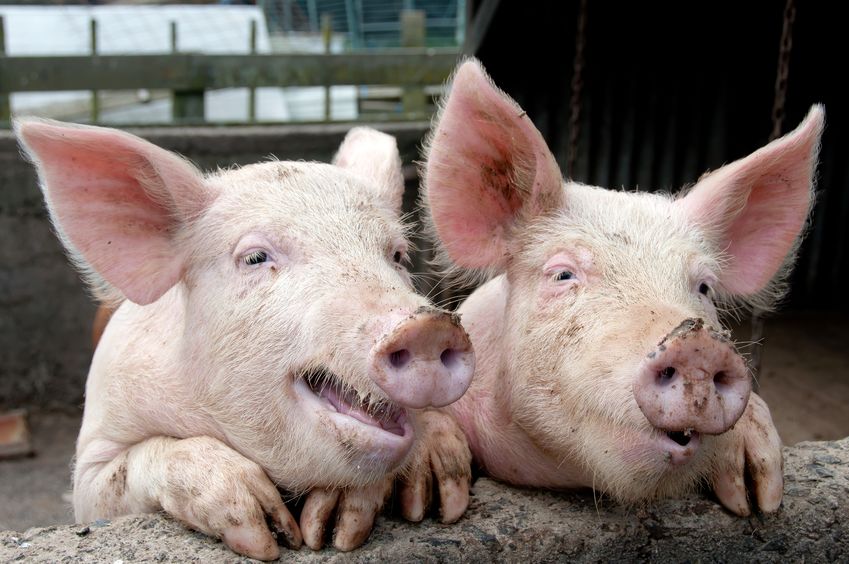
Pigs and chickens are not susceptible to the coronavirus and do not pose a potential risk to human health, according to new research.
Covid-19 is believed to have originated from bats, fist occurring in humans in China about three months ago, before becoming a pandemic.
Various studies worldwide have been looking at whether it can also infect other animal species.
Now new research by the Friedrich-Loeffler-Institut (FLI) in Germany has backed up the findings of a similar study in China.
The FLI started infection studies in pigs, chickens, fruit bats, and ferrets several weeks ago, and initial results show that fruit bats and ferrets are susceptible to the virus, whereas pigs and chickens are not.
Pigs and chickens were tested due to their close contact with humans. The study looked at whether the animals become infected, whether the pathogen replicates and if the animals show symptoms of disease.
Tests were also carried out to ascertain whether they excrete the pathogen, posing a potential risk to human health.
“Under experimental conditions, neither pigs nor chickens were found to be susceptible to infection with SARS-CoV-2,” the FLI said.
“According to the current state of knowledge, they are not affected by the virus and therefore do not pose a potential risk to human health.”
The susceptibility of ferrets in particular is an important finding, the scientists said, as they could be used as model animals for human infection to test vaccines or drugs.
The complete evaluation of all test series will be announced in early May.
